How to access our collections, donate objects, apply for an internship, and more.
Our collections span the globe, with current strengths highlighting California basketry, the U.S. Southwest, and the Pacific Islands.
The Department of Anthropology at the California Academy of Sciences was established in 1900, and, in keeping with the tenet of the early Academy, focused on Native California. Today, the research collection encompasses ethnographic and archaeological materials from around the globe, documenting the diversity of human cultures and the ways in which our species has adapted to Earth's varying environments.
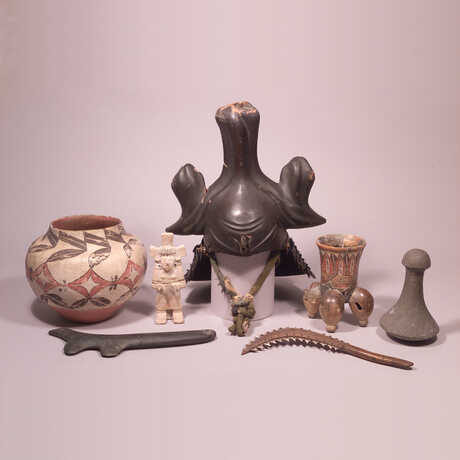
Our collections span the globe, with current strengths highlighting California basketry, the U.S. Southwest, and the Pacific Islands.
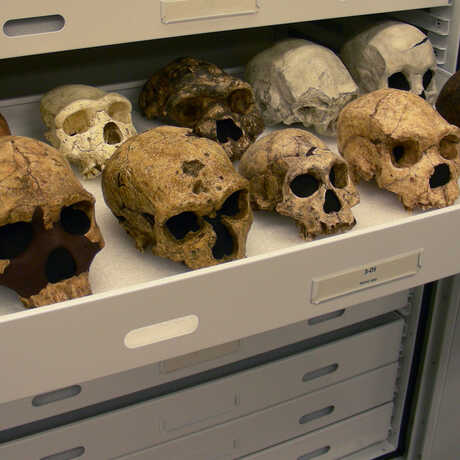
The Department of Anthropology houses a collection of hominin fossil and comparative casts that are available for reference by visiting researchers and students.
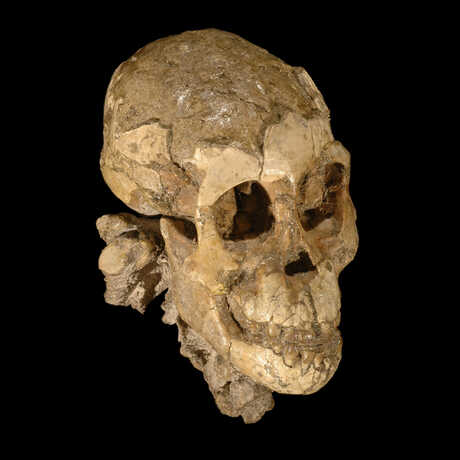
Learn more about our areas of focus—active, ongoing research that seeks to answer some of the biggest questions in the field.
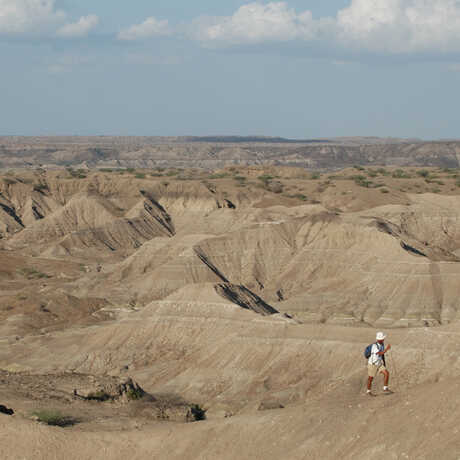
See where our research takes us and learn about some of the exciting discoveries we've made thus far.
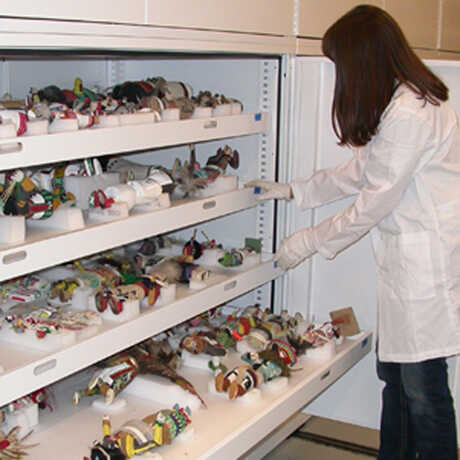
Members of the Department of Anthropology cover a range of academic foci and expertise.
How to access our collections, donate objects, apply for an internship, and more.
Academy welcomes new Associate Curator of Anthropology
Academy textile featured in the winter edition of PieceWork magazine
Anthropology Department Receives Native American and Oceanian Donations
Academy Exhibit Highlights Research in Human Evolution
Academy Curator of Anthropology Meets President Obama
To read these and other departmental news stories, click here.
Learn more about our department and its history at the Academy.
Our department publishes articles in scientific journals, contributes chapters to books, and produces select collection catalogs.
General inquiries:
anthropology@calacademy.org
Collections inquiries:
Laura Eklund
leklund@calacademy.org
(415) 379-5383